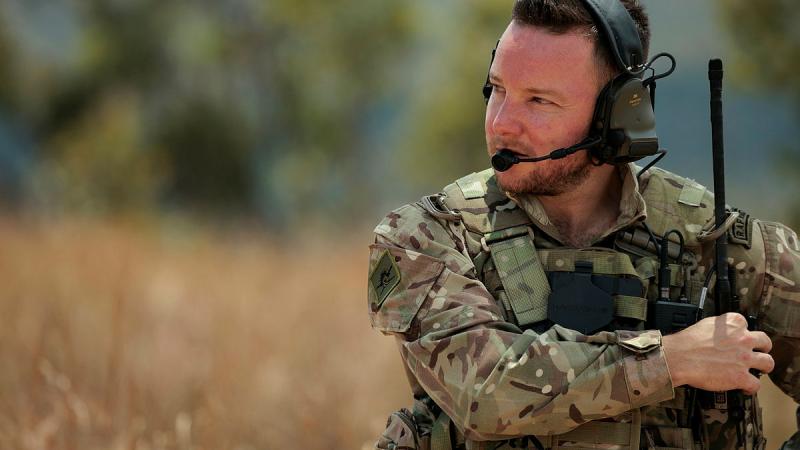The Royal Australian College of General Practitioners (RACGP) has released its General Practice: Health of the Nation , an annual health check-up on general practice in Australia.
RACGP Acting President Associate Professor Ayman Shenouda, a Wagga Wagga-based GP, said that many positives for rural general practice had emerged from this year’s report.
“We do not focus nearly enough on the many positive and rewarding aspects of working as a rural or remote GP,” he said.
“I can personally vouch that it is an incredibly rewarding career, where you can see the impact of your work on people in your community every day. You rapidly develop a varied skill set that will stand you in good stead for a long and successful career in general practice.
“GPs in rural areas report greater ease in building a patient base and often have longer relationships with their patients, which improves continuity of care. For any future doctor considering a career in a rural community I would highly recommend it.”
However, the RACGP Acting President warned that rural healthcare did face substantial challenges.
“The report covers many areas of rural healthcare, including the rural health workforce. The concentration of GPs working in major cities versus regional, rural and remote areas is concerning,” he said.
“In major cities there are more than 121 GPs per 100,000 people and this falls to just over 100 in outer-regional areas.
“Every community across Australia deserves access to highly trained GPs who understand the unique needs and circumstances of rural and remote areas. It is important for rural GPs to have the right training and develop the right skills to deliver high quality healthcare in rural and remote communities.
“Patient experience data shows that there are longer waits to see a GP for patients outside major cities.
“While patients in major cities report that in 75% of cases they were able to see a GP within 24 hours for their most recent need for urgent care, this figure drops to 64% for patients in outer-regional, remote and very remote areas. Patients also have lower access to other medical specialists and allied health professionals.”
“Rural and remote areas are more reliant on these overseas trained doctors. Some 40% of the rural workforce is made up of international medical graduates and overseas trained doctors, so the pandemic will have a significant impact on the general practice workforce outside of major cities.
“The decision made last month to prioritise visas for international medical graduates and overseas trained doctors is most welcome. However, we must also focus on encouraging more doctors to take up a career in rural general practice and we have been making solid progress.
“For example, the RACGP worked closely with the Department of Health to secure a change to the Australian General Practice Training Rural Generalist policy, giving registrars more flexibility to choose the right training pathway. As a result we saw a 40% increase in junior doctors choosing the Rural Generalism pathway when applying for the RACGP’s 2021 Australian General Practice Training, compared to applications for 2020 training.
“We have also been working with stakeholders to develop strategies to attract and retain rural and remote doctors, including the development of RACGP’s own Rural Generalist Fellowship.
“Progress is being made but we must do more to encourage GPs to pursue a rewarding career in the bush so that we can increase the rural workforce and boost accessibility for patients.
“That includes giving our all-important rural supervisors an extra hand through increased compensation and support such as access to training and professional development. We know that having a positive rural training experience is a key driver in individuals choosing to train and work in rural areas, so this must be a priority.
“We should also increase exposure to general practice during medical school and prevocational years. Reinstating a program similar to the Prevocational General Practice Placements Program would create a pipeline into general practice in the bush and medical schools such also proactively foster an interest in rural placements.
“Rural GPs must be remunerated appropriately for the increased risks they face including more complex patient presentations and workforce shortages as well on-call hours and the additional skills they must be equipped with to practice outside of a major city.
“GPs with procedural skills should have access to the same Medicare subsidies as non-GP specialists performing the same procedures. Equal pay for equal service is only fair.”
The RACGP’s ³Ô¹ÏÍøÕ¾ Medical Workforce Strategy submission can be found .
~






